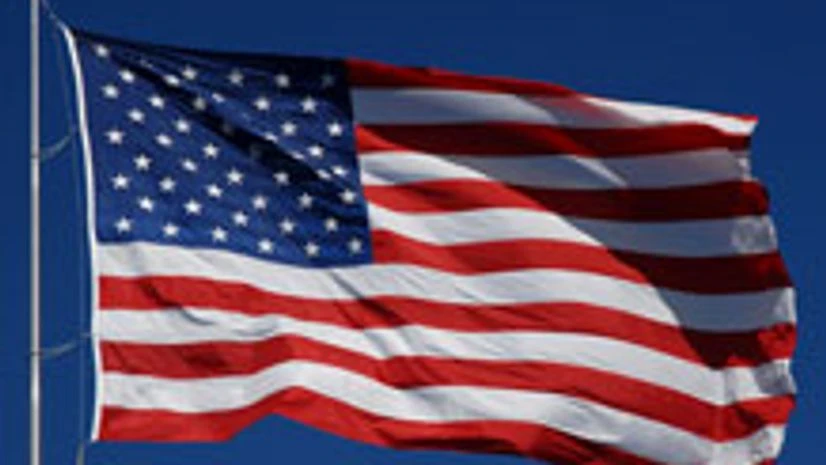The United States is not locked in a Cold War with Russia, the White House has said asserting that the situation and ground realities are now quite different from those of the earlier era.
"We're not in a Cold War because I think it's important to remember what the dynamics of the Cold War were. (Then) you had two superpowers. You had two economic blocs. You had two military blocs. There aren't two of any of those things today.
Russia is not the Soviet Union. There is no Warsaw Pact. There is no Soviet economic bloc," White House Press Secretary Jay Carney said yesterday.
More From This Section
"There's no question that the current relationship that we have with Russia has been strained by the actions - provocative behavior of Russia in Ukraine."
He, however, made it clear that US policy towards Russia is pragmatic.
"We as an administration and as a country pursue a relationship with Russia that's very clear-eyed... US makes clear when we have profound disagreements with what Russia is doing and, if necessary, that we impose costs working with our partners and allies in response to what Russia is doing," Carney said.
"But continues to work with Russia when it is in our interests to do so and in Russia's interest; for example, in the P-5 plus one negotiations (over Iran's nuclear program). So that's where we are," he added.
The Press Secretary dubbed Russia as a threat to Ukraine.
"Russia, as I think the president mentioned not that long ago, is a regional power, to be sure, and Russia has the capacity, as we've seen in recent weeks, to take action that causes a great deal of concern across the globe," he said.
The best course of action for Russia is to de-escalate. That's the best course of action for Europe and for the world, and the United States, obviously, and that's what we're pressing Russia to do, he said.
Ruling out the unavoidability of war with Russia, Carney said, Russia has to take certain assuring steps.
"Is military conflict inevitable between Russia and Ukraine ? The answer is no. Russia has the opportunity to de-escalate rather than escalate," he said.

)
